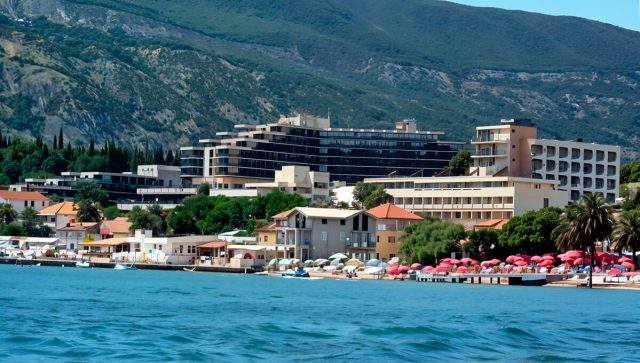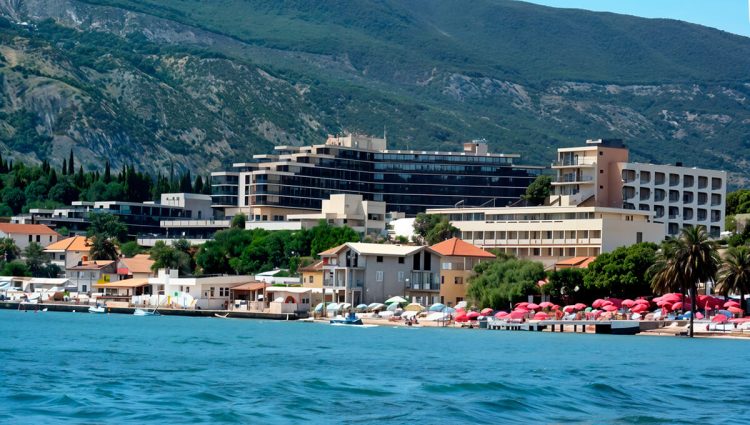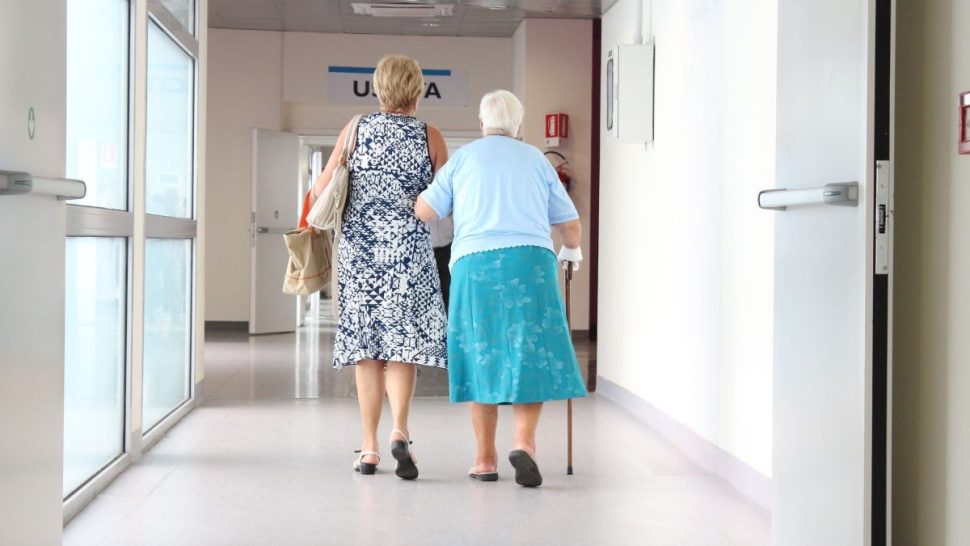The Igalo Institute’s Restructuring Plan Remains Unapproved


DR SIMO INSTITUTE MILOSEVIĆ / PHOTO: Aleksandar Bogicevic
The shareholders of the Simo Milošević Institute did not pass the restructuring plan during the extraordinary session, with a follow-up meeting scheduled for January 21st.
During the session, it was noted that representatives of the majority and largest minority shareholders reached agreements on several issues previously contested by the owner of Vila Oliva, Žarka Rakčević, who holds 27.43 percent of the shares in the Igalo Institute.
According to the Assembly Chairman and Executive Director of the Igalo Institute, Zoran Kovačević, the meeting included shareholders owning 87.3 percent of the company’s capital, reports RTHN.
For the plan to be approved, a two-thirds majority is required, which means that alongside the state, at least ten percent of minority shareholders’ votes are essential. The minority shareholders collectively hold 16 percent of shares, while Vila Oliva is the largest minority stakeholder. The state holds a majority stake of 56.47 percent in the Institute.
The State Secretary in the Ministry of Spatial Planning, Urbanism, and State Property stated that the government and Rakčević are aligning their perspectives regarding the restructuring plan’s execution, which does not recognize Vila Oliva as a key player in the process.
“Should we come to an agreement allowing a minority shareholder’s involvement in the restructuring plan, it will necessitate modifications to the plan to align it with procedural regulations and share allocations. We aim to reach an agreement; otherwise, the situation will persist. Additionally, communication between majority and minority shareholders is critical during this brief interim period, especially since the Assembly’s session on the budget for the year begins on January 21st. We must settle all necessary steps by that date,” said Adzović.

As underscored by the government, it is also prepared to redeem shares and make necessary adjustments to the plan, all with the objective of preserving the Institute.
Rakčević emphasized that the current state of the institute reflects the management’s decisions of the majority owner. He noted that the major minority shareholders are skeptical about the claim that a lack of support for the restructuring plan would lead to the Institute’s bankruptcy.
“This is incorrect. Coverage of 23 million euros could be attained legally, minimizing the reliance on state aid. These are longstanding issues resulting from losses that shouldn’t have occurred. The management from the last six years bears ultimate responsibility for this,” stated Rakčević.
He also mentioned that they reached consensus with the majority owner on several crucial issues.
“There is agreement, and the government has accepted that the first phase will not be delayed, as there is a backup plan in place for the second phase of patient reconstruction. There is no need for such premium assets to be wasted at sea,” Rakčević commented.
He insisted that the land be officially registered under the Institute’s name.
“Many issues could have been mitigated if the land had belonged to the Institute. I have proof that in 1996, the land was integral to the share value. The complications surrounding property sale could have been circumvented, allowing us to secure loans. Securing the land is non-negotiable,” noted Rakčević.
Another agreement was with regard to the children’s department.
“The children’s department is the only property we believe can be divested, but solely for the needs of the school in Igal. This is our only point of agreement related to property alienation,” said Rakčević, emphasizing that the land should facilitate the Institute’s transformation into a four-star facility with a sustainable operational model.
From Vila Oliva, they insisted on the importance of maintaining the Institute’s role in health tourism.
“The government has shifted its original intentions after considering the plans for apartment and commercial developments on the Institute’s property,” Rakčević remarked.
He reiterated the inflated costs associated with the second phase of reconstruction.
Adzović acknowledged the historical stance of previous governments toward the Institute and minority shareholders, confirming that for the first time, Rakčević engaged with someone willing to listen.
She added that the state is prepared to invest a total of 106 million euros in the Institute, although current state aid regulations pose restrictions. The government’s commitment to support recovery efforts is also reflected in the budget this year, which the Assembly will review on January 21st, with funds set aside for the restructuring plan.
(Tagstotranslate) Actions (T) Shareholders (T) Business


